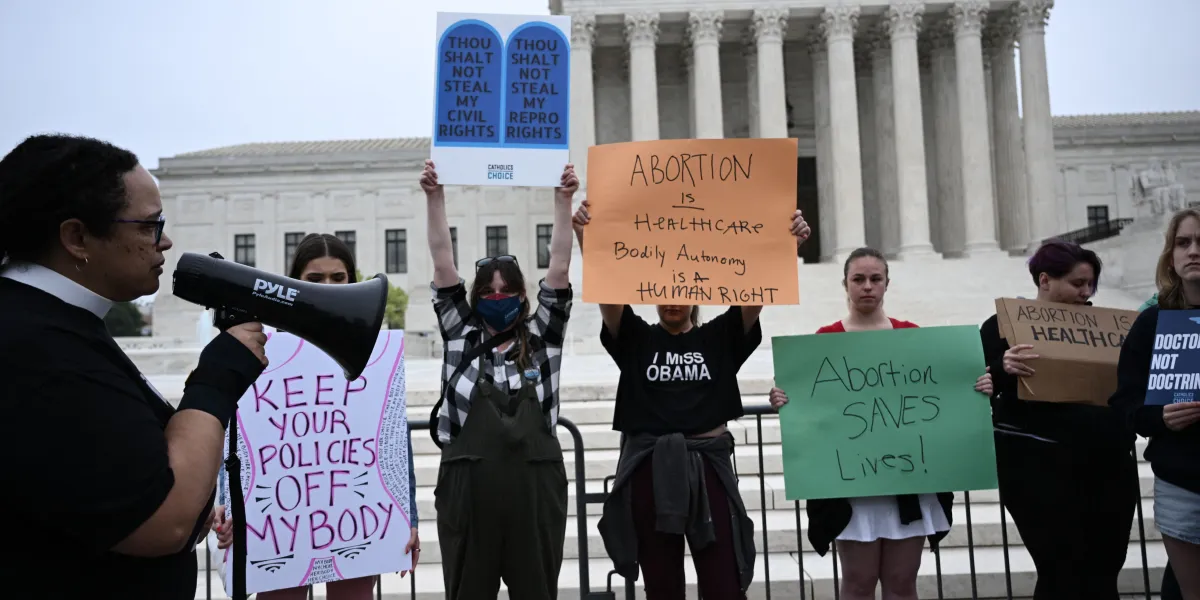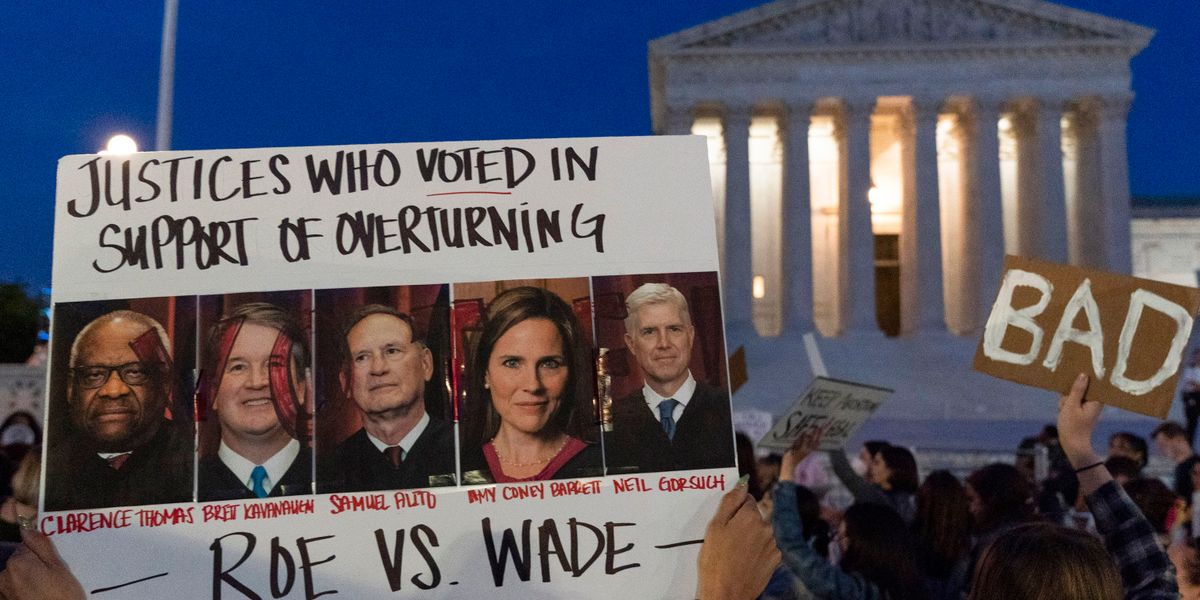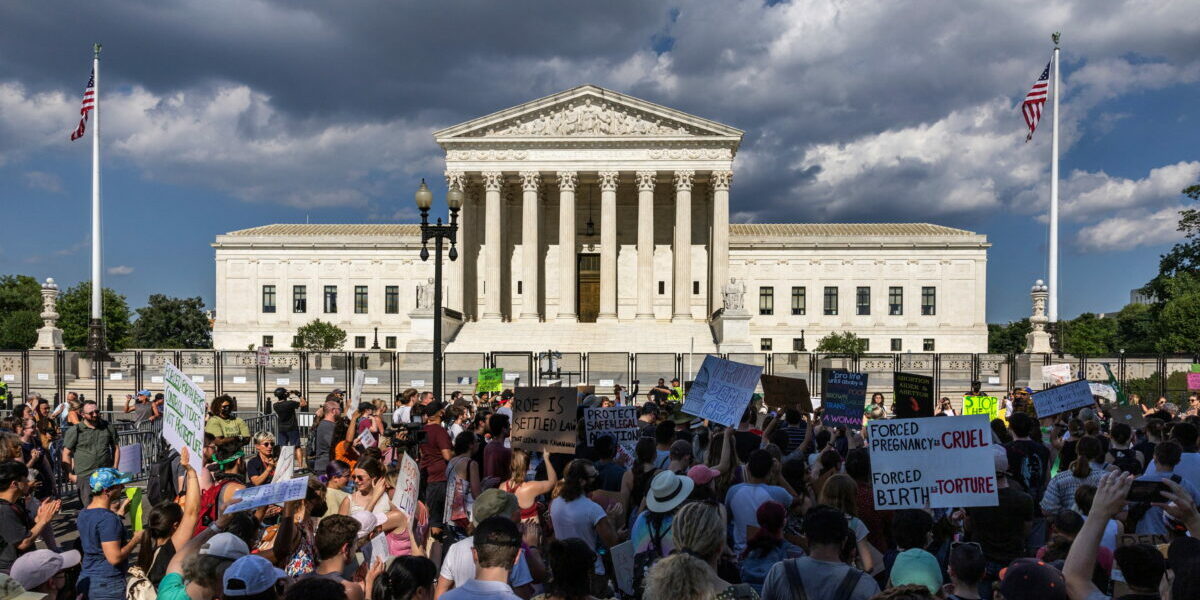The American Psychological Association (APA) recently celebrated a significant U.S. Supreme Court decision that allows a vital drug used for medical abortions to remain accessible. This ruling is a major win for reproductive health advocates and underscores the importance of maintaining access to essential healthcare services.
Supreme Court Upholds Availability of Mifepristone
In a landmark opinion, the Supreme Court ensured that mifepristone, a drug critical for medical abortions, will stay available. This decision follows a series of legal challenges aimed at restricting access to this medication. Mifepristone is widely used in the United States for terminating early pregnancies safely and effectively.

The APA’s Stance on Abortion and Mental Health
The APA firmly supports the view that abortion does not harm women’s mental health. The association’s CEO, Arthur C. Evans Jr., PhD, emphasized that policies suggesting otherwise lack scientific support. “Research consistently shows that having an abortion is not linked to mental health problems. People denied abortions face worse physical, mental, and economic outcomes,” said Evans. This stance is backed by extensive research and scientific consensus.
Research on the Consequences of Denying Abortion Access
Multiple studies have demonstrated that denying access to abortion can lead to significant adverse effects. Individuals who cannot obtain abortions often experience higher levels of anxiety, depression, and lower self-esteem. Economically, they are more likely to face financial hardships and instability. The physical health risks are also higher for those who carry unwanted pregnancies to term compared to those who have access to safe abortion services.
The Legal Challenge Against the FDA’s Approval of Mifepristone
The backdrop to this Supreme Court decision involves a tumultuous legal battle. Following the Supreme Court’s 2022 decision to overturn Roe v. Wade, anti-abortion activists filed a lawsuit challenging the FDA’s approval of mifepristone. The FDA had approved mifepristone for use in medical abortions over two decades ago, but recent political shifts reignited debates over its availability.
Federal Judge’s Initial Suspension and Court of Appeals Reinstatement
Initially, a federal judge responded to the lawsuit by suspending the FDA’s approval of mifepristone. This suspension threatened to remove the drug from the market, causing significant concern among healthcare providers and reproductive rights advocates. However, the court of appeals later reinstated the FDA’s approval. While this was a temporary relief, it also struck down the FDA’s 2016 changes aimed at making mifepristone more accessible.
Supreme Court’s Unanimous Decision on Anti-Abortion Groups’ Standing
In a decisive move, the Supreme Court ruled that the anti-abortion groups who filed the lawsuit against the FDA lacked the legal standing to do so. This unanimous decision effectively nullified their challenge, leaving all previous FDA actions regarding mifepristone intact. This ruling is seen as a reaffirmation of the FDA’s authority and the safety and efficacy of mifepristone for medical abortions.
APA and NASW’s Support for the FDA Through an Amicus Brief
The APA, alongside the National Association of Social Workers (NASW), played a proactive role in supporting the FDA’s position. They submitted an amicus brief to the Supreme Court, arguing against the lower courts’ assertions that medication abortion is linked to negative health outcomes. Their brief highlighted the flawed evidence and provided scientific data showing that voluntary abortions do not result in adverse physical or mental health effects.
Scientific Evidence Contradicts Claims of Abortion’s Negative Effects
The APA’s brief underscored that the lower courts’ claims about the negative impacts of abortion were not supported by scientific evidence. In contrast, studies have consistently shown that individuals who have access to safe and legal abortions do not suffer from adverse physical or mental health outcomes. On the other hand, those who are denied abortions often face greater levels of anxiety, lower self-esteem, and negative socio-economic and physical health outcomes.
APA’s Historical Advocacy for Reproductive Rights
The APA has a long history of advocating for reproductive rights and access to healthcare services. Since 1969, the association has passed several policies and resolutions affirming a woman’s right to choose. These policies negate the assertions regarding alleged adverse psychological effects of abortion. Over the years, the APA has remained a steadfast voice for reproductive health, filing 12 amicus curiae briefs in various abortion-related cases to support equal access to reproductive services.

APA’s Continued Efforts in Supporting Reproductive Health Services
The APA’s commitment to reproductive health services is unwavering. The association continues to advocate for policies that support equal access to safe and legal abortion services. They emphasize the importance of basing healthcare policies on solid scientific evidence rather than ideological beliefs. The APA’s consistent involvement in legal cases and policy discussions highlights their dedication to ensuring that individuals have the right to make informed choices about their reproductive health.
The Impact of the Supreme Court’s Decision on Future Abortion Access
The Supreme Court’s ruling has far-reaching implications for the future of abortion access in the United States. By maintaining the availability of mifepristone, the court has preserved a crucial option for medical abortions. This decision reinforces the importance of relying on scientific evidence and legal precedents to guide healthcare policy and protect individual rights.
Conclusion: Preserving Access to Safe Abortion Services
The Supreme Court’s decision to uphold the availability of mifepristone is a significant victory for reproductive rights and healthcare access. The APA’s support and advocacy for scientific evidence in policy-making have played a crucial role in this outcome. As the debate over abortion continues, the APA remains committed to advocating for policies that ensure equal access to safe and legal abortion services, emphasizing the importance of mental and physical health for all individuals.




